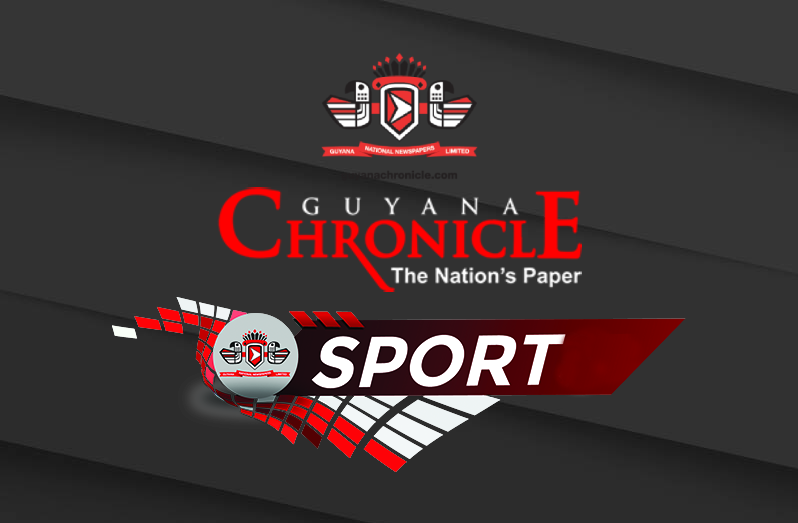‘People who have the power of the votes have got to be very responsible and show maturity and vision in the votes’
WITH the Guyana Football Federation (GFF) elections set for April 12 the various presidential candidates are in high gear, trying to persuade the voters that they have what it takes to rectify the problems facing Guyana’s football.
On a short visit to Guyana, former Technical Director and Trinidad & Tobago national coach Jamaal Shabazz weighed
in on the election, calling it the most “important in the history of Guyana’s football”.
“This election is more important than Government (General and Regional) election and I think the people who have the power of the votes have got to be very responsible and show maturity and vision in the votes,” said Shabazz who also coaches the Trinidad and Tobago Professional League top club Neal & Massy Caledonia AIA.
Those expected to contest the election are: GFF acting president Franklin Wilson, GFF organising secretary Aubrey ‘Shanghai’ Major, Ivan Persaud, A Partner for National Unity (APNU) Member of Parliament Joseph Harmon and Georgetown Football Association (GFA) general secretary Christopher Matthias.
Shabazz is of the opinion that those heading to the elections should be impartial and chose a candidate who has the most solid business and developmental plan for the world’s most popular sport.
“This is not a vote for favouritism and token, this is a vote to say who can solve the problems for Guyana football and my advice to the voters and football fraternity is that the time has come for business.
We have to get businessmen involved in football because football is a business outside of Guyana and for Guyana to be able to compete they need now the involvement of more businessmen especially in the hierarchy”.
According to the Trinidadian, “The GFF has a $30M debt, so if I’m going to vote for someone, I want to know how they’re going to deal with that $30M debt, so the time has come for people to be mature and think about the future; who of the candidates can take this from a business perspective and put it on a footing that will ensure that we get the best value for our dollar.”
Football, apart from being the world’s most popular sport, is also the richest and it is with that belief that Shabazz said, “If Guyana doesn’t go the professional way, they will be left behind. They have the talent, they have the coaches, but they need now business-minded administration; an administration that can take the passion that the people have and get facilities …this is not just we want to see football and we go with normal people in football. NO; we have to get the marriage between football and business.”
On November 28, 2012, Shabazz parted ways (for good) with the Golden Jaguars; the Guyana national team which he led to the semi-finals of the CONCACAF Brazil World Cup Qualifiers – a feat the Land of Many Waters had accomplished for the first time.
“People might ask why or who am I to make a pronouncement in the matters of Guyana football even though I left?: he said, further stating, “because from 2005 to 2008 and 2011 to the end of 2012 I’ve sacrificed everything for Guyana football and even when I’m not in Guyana I continue to give my resources and my time and advice to the Guyana football.”
He added: “Football in Guyana has no facilities; when you look like in Jamaica, all the clubs have grounds that they can pick up revenue, they don’t have to go and beg people to use the ground and as soon as rain falls they put up a white flag.
In Trinidad they have five stadia, but where are the facilities in Guyana? Who has the ability to engage Government and engage private sector? What have been the results of those who went before? So these are the type of questions one must ask.” .
Asked if he’s familiar with some of the proposals the presidential hopefuls have made, he (Shabazz) said, “Have heard and seen a few plans for the game and heard of some of the candidates going up but I’ll reiterate that amateur days are over in Football administration in Guyana … If you want to bring big names to Guyana to play, and if you want to develop players from here to go overseas, we need to think business-wise to make a living”
Upon leaving the GFF, Shabazz headed back to coaching his country’s national side where he helped them to qualify for 2013 CONCACAF Gold Cup.



.jpg)










